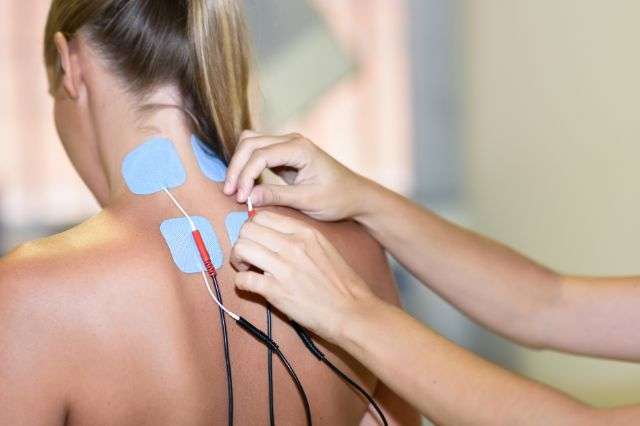Recently, there have been significant advancements in addiction treatment. Specialty treatments, such as TMS, enable individuals to obtain treatment for their addiction in ways that do not involve more drugs and might really be more beneficial. Recovery facilities around the country now provide different types of treatment for anything that a person might need.
TMS: What is it?
It’s a non-invasive treatment that has proven positive results in the treatment of depression. Generally used as a repetitive procedure, also referred to as rTMS, it may be performed as a walk-in treatment in which an electromagnet is positioned against the person’s head, close to the forehead, and tiny magnetic bursts get released that stimulate the area of the brain that has the job of controlling mood.
Typically, it’s used for people suffering from depression who haven’t noticed improvement from past treatment. Transcranial Magnetic Stimulation has demonstrated positive results, but there’s still a lot of research to be completed.
How Transcranial Magnetic Stimulation Works
It works by targeting the area of the brain that has the job of controlling depression and mood. It’s believed that those experiencing depression are handling a region of the brain that is not as active as it ought to be. The electromagnetic coil stimulation activates the region of the brain that’s underperforming. While the precise understanding of this is not known, there’s positive proof that the stimulation activated the brain and alleviated depression symptoms.
There are some changes in how the treatment is performed, but it’s commonly accepted that the frequency and strength of the pulses must be determined based on a person’s motor control threshold. That’s determined by the twitches observed by the physician doing the therapy. The treatment is non-invasive and performed without sedation, so the patient may drive themself home afterward and not need to be concerned with missing more work. However, in specific cases, TMS shouldn’t be performed. It’s vital, to be honest about everything with your healthcare provider to know if Transcranial Magnetic Stimulation is proper for your circumstances. Be certain to let them know if:
- You suffer from a pre-existing condition
- You have a mental health disorder
- There’s a history of epilepsy or seizures
- You’re taking any medicine
- You’re pregnant
- You have some type of implant
Using Transcranial Magnetic Stimulation to Treat Addiction
Addiction treatment experts have begun to use Transcranial Magnetic Stimulation in treating harmful symptoms that come along with addiction, especially treating those who might be experiencing depression as a withdrawal symptom. rTMS or TMS may assist in stimulating the brain and returning control over moods.
In addition, using rTMS has demonstrated positive signs in fighting a person’s cravings, although the precise reasoning isn’t known. In a double-blind clinical study, 11 of 16 participants receiving rTMS therapy for their Cocaine addiction were free of the addiction symptoms after a month of Transcranial Magnetic Stimulation. Out of the participants receiving the standard treatment, only three were simultaneously drug-free.
Although research is promising, there’s still more testing that needs to be done, and one shouldn’t treat the therapy as an end-all-be-all of addiction treatment. As with anything, it only should be included in a strategy that involves other treatment medications and therapies. The procedure has yet to be approved by the FDA, so it must be treated with great care.
TMS Side Effects
As with anything, Transcranial Magnetic Stimulation isn’t without its side effects. But the common side effects are minimal, and anything more serious is rare. Some common side effects are:
- Lightheadedness
- Twitching, spasms, and tingling of muscles
- Pain at the stimulation site
- Headaches
It is possible to experience more serious effects, but it isn’t likely. So long as the right precautions are taken, there’s little risk for more harmful effects. Those possible, more severe rTMS side effects include:
- Hearing loss if the right ear protection isn’t worn
- Mania in those experiencing bipolar disorder
- Seizures
TMS and Seeking Treatment
Seeking addiction recovery is usually a more difficult process than folks realize. For addiction treatment, there is no one-stop shop. All people are different, and what might work for one person will not necessarily work for somebody else. If a member of your family, loved one, or even you have experienced a relapse after undergoing rehab, this isn’t the end of the road. Instead, the treatment approach should be adjusted. If Transcranial Magnetic Stimulation is something you think you might benefit from, get in touch with a treatment provider. Pacific Bay Recovery offers TMS Treatment to help with substance abuse disorders. Call us today at (619) 350-8220.


